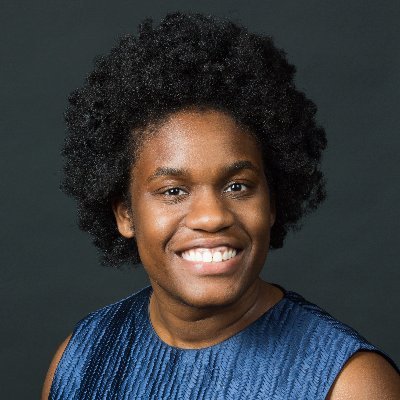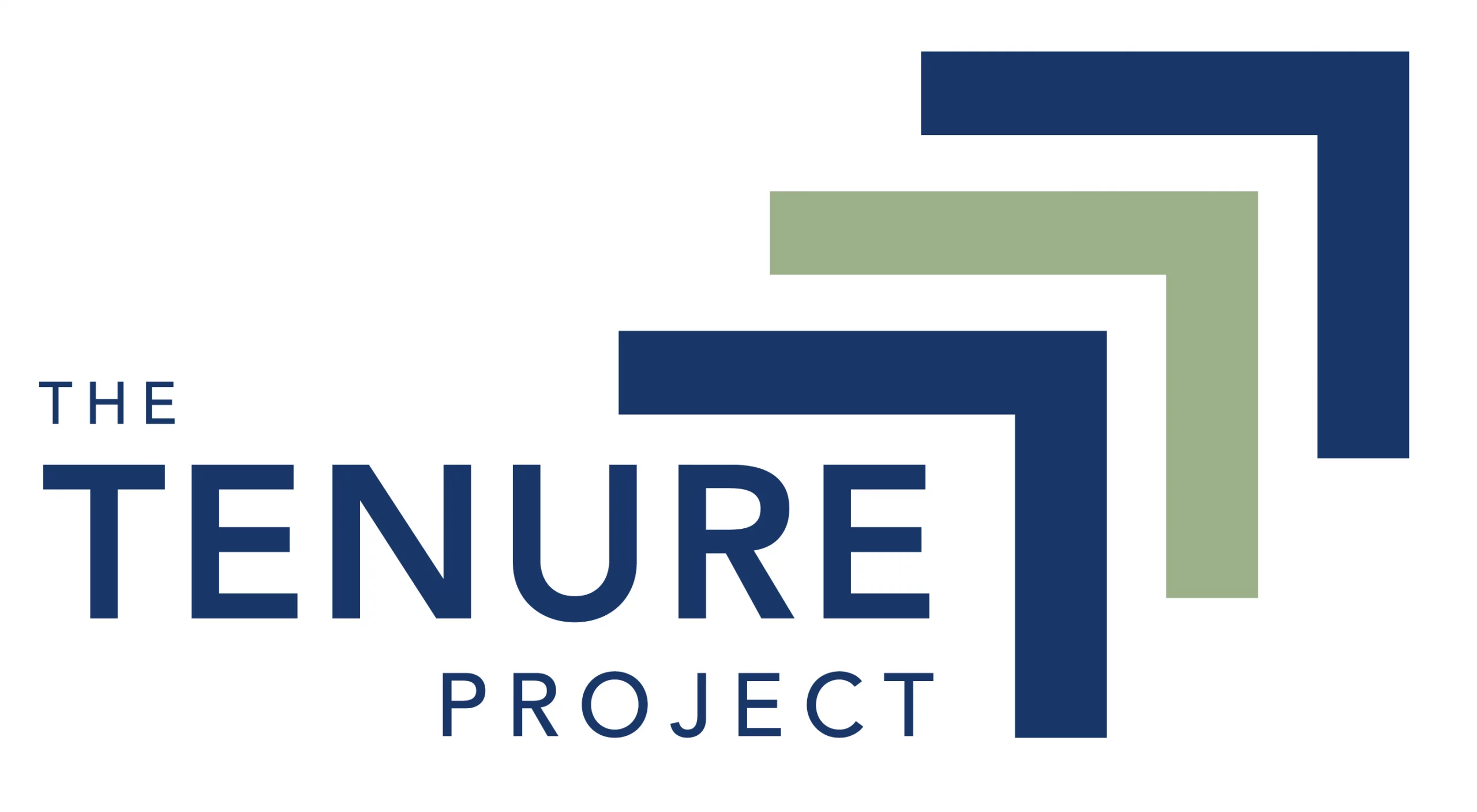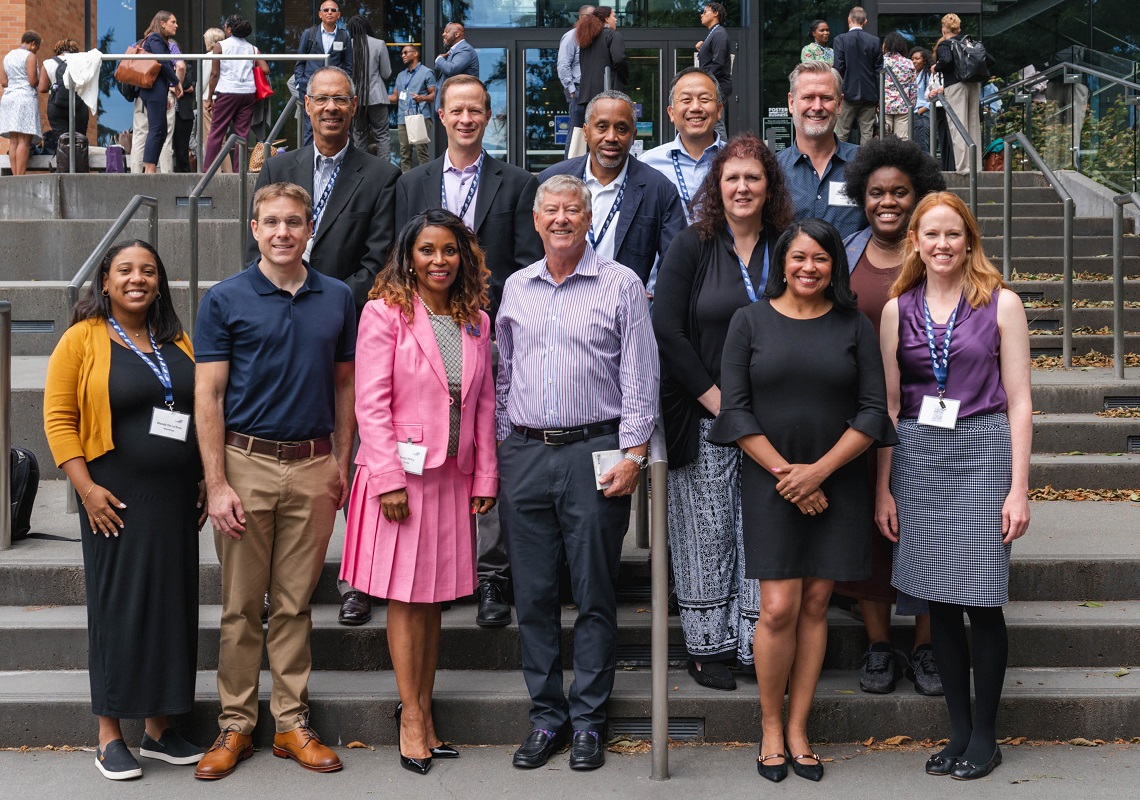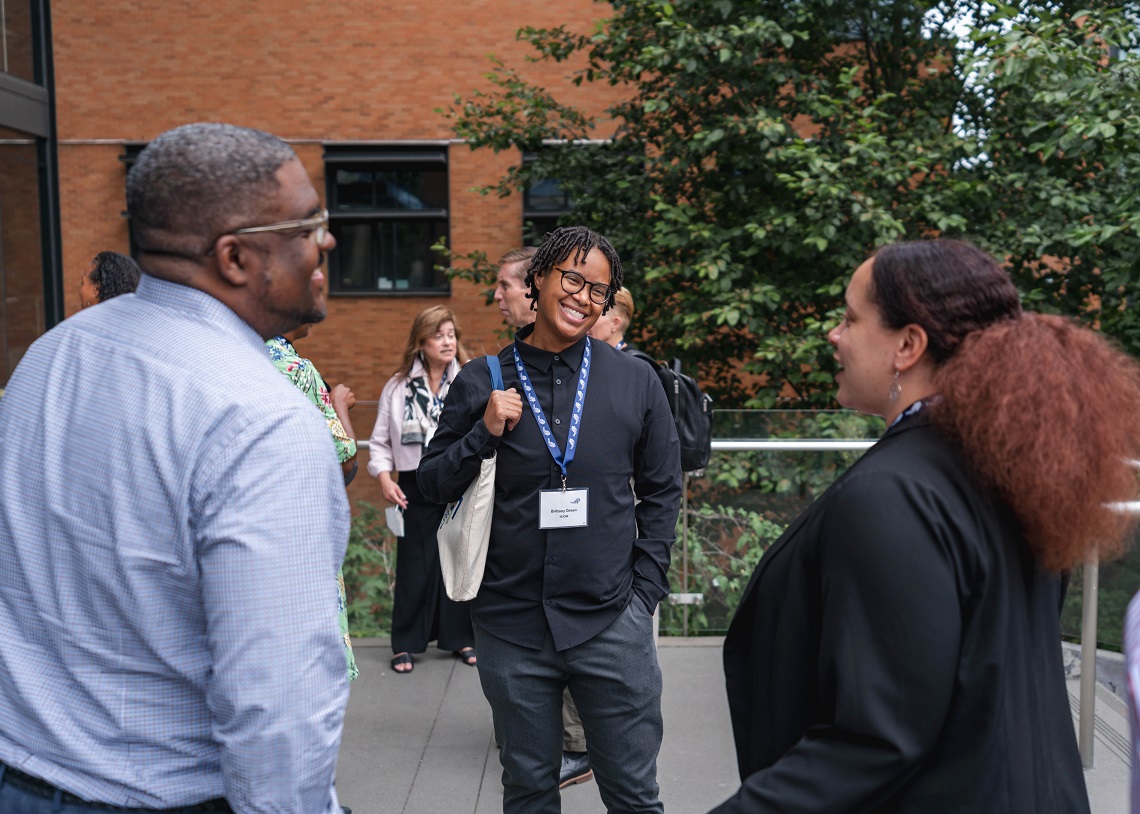Toward Tenure Equity
Foster-led initiative supports underrepresented Black, Latinx and Indigenous scholars as they work to earn tenure at business schools across the US
Business schools have been called to lead and invest in efforts to build a more inclusive, diverse and equitable community.
In this work, the role of the b-school professor has become increasingly critical. Students cite the diversity of their faculty as an important indicator of the inclusive climate of their schools, and the promotion and advancement of faculty of color has received increasing attention in recent years.
But the odds are squarely against faculty of color—especially those who are Black, Latinx or Indigenous, demographic groups that have been historically underrepresented in higher ed, are most likely to top out at assistant professor and whose number diminishes with each step of the promotion ladder.

To address this inequity, Esther Uduehi of the University of Washington Foster School of Business co-created The Tenure Project, a national initiative to increase the number of underrepresented minority faculty who earn tenure at business schools.
Uduehi is an assistant professor of marketing and international business who joined Foster last fall after earning a PhD in marketing from The Wharton School at the University of Pennsylvania, an MSc in nature society and environmental policy as a Rhodes Scholar at Oxford University and a BA in chemistry and mathematics from Indiana University.
“We all have work to do in this area,” says Uduehi, who studies diversity, identity, race and stigmatization. “By increasing the chances that assistant professors of color go up for and receive tenure, we help to diversify our student populations, further academic research by scholars of color, and further support companies’ goals.”
Expanding the pipeline
Uduehi created The Tenure Project with Wendy De La Rosa, an assistant professor of marketing at The Wharton School.
This new initiative expands upon the successful model developed by The PhD Project, which has been recruiting and supporting historically underrepresented doctoral students toward successful academic careers since 1994.
 “The Tenure Project is a brilliant idea and a tremendous extension of the incredible work that The PhD Project has been doing to create a more diverse pipeline and to support underrepresented minority doctoral students coming into the profession,” says Nancy Rothbard, the David Pottruck Professor of Management and deputy dean of the Wharton School. “But when underrepresented minorities (and women) are going through the tenure process, we see that the pipeline gets leaky.”
“The Tenure Project is a brilliant idea and a tremendous extension of the incredible work that The PhD Project has been doing to create a more diverse pipeline and to support underrepresented minority doctoral students coming into the profession,” says Nancy Rothbard, the David Pottruck Professor of Management and deputy dean of the Wharton School. “But when underrepresented minorities (and women) are going through the tenure process, we see that the pipeline gets leaky.”
Shoring up that pipeline, she says, requires explicit mentoring and support. This will add value to every participant in The Tenure Project. But it also has the potential to create a far grander societal value: to transform the landscape of business education by fostering more diverse faculties that better reflect the student bodies they teach and the world they inform.
“For faculty,” Uduehi adds, “the main pathway to achieve that is tenure.”
Community approach
The Tenure Project’s work begins in earnest this week at its inaugural national conference, taking place in Seattle from August 1-4. The conference is hosted by the Foster School in partnership with The Wharton School and The PhD Project.
It has been designed to achieve several interrelated goals:
- Building community to connect junior faculty of color to each other, to senior faculty who can serve as mentors and sponsors, and to external community members who can help accelerate their research.
- Supporting research by assistant professors of color by providing access or connection to resources (e.g., data, funding, connections), time and space for faculty to develop research and programming designed to hone and refine research skills.
- Creating intentional spaces to discuss the issues that are specific to junior faculty of color such as response to microaggressions, emotional labor associated with tokenism, increased demands on time and self care.
Major impact
According to Uduehi, there are only 150 Black, Latinx and Indigenous scholars currently employed in pre-tenure faculty positions at all the business schools in the US combined.
That news is not so great.
Better news is that more than 100 of them are attending this week’s conference, which has been designed by Uduehi and De La Rosa, alongside Christina Fong, the Foster School’s associate dean for undergraduate programs (and former associate dean for diversity and inclusion), and Michael Verchot, founding director of Foster’s Consulting and Business Development Center and the nationwide Ascend small business accelerator network.
Participants are engaging in professional development seminars, research workshops, and panels on topics unique to underrepresented scholars. They’re learning from influential deans and connecting with senior faculty from major business schools in one-on-one mentoring sessions. And, importantly, there are ample opportunities to network.
“The PhD Project builds community through its annual conferences. And many of us have gained a lot of support from those experiences,” says Uduehi. “The Tenure Project is an effort to maintain those connections as we begin our careers—especially since many of us are ‘onlies’ at our institutions.”
Potent partnership
The inaugural Tenure Project conference is a nationwide partnership of blue-chip institutions. In addition to Founding Partners Foster, Wharton and The PhD Project, sponsors include Columbia Business School, NYU (Stern), USC (Marshall), Michigan (Ross), Texas A&M (Mays), Stanford (GSB), UCLA (Anderson), Yale School of Management, Arizona State (Carey) and Texas (McCombs).
More than 60 business schools are participating in the conference, which is the culmination of years of planning.
“We are extremely proud to be the inaugural host of this groundbreaking event,” says Fong. “By supporting junior faculty of color to build community during the tenure process, we help attract a more historically underrepresented student population, further academic research by scholars of color, and support our goal to build a stronger business community.”

Numerous Foster School faculty have helped plan the conference or are serving as expert panelists and mentors, including Uduehi, Fong, Elizabeth Umphress, Ed deHaan, Jarrad Harford, Ming Fan and Mark Forehand and Frank Hodge.
“We are honored and excited to be a Founding Partner of The Tenure Project and to host its inaugural conference,” says Hodge, the Orin and Janet Smith Dean of the Foster School. “The young scholars who are taking part in the conference are not only tomorrow’s thought leaders, but are helping educate tomorrow’s business leaders who will and must find ways to solve really complex issues like climate change in an equitable way. I couldn’t be more proud of the Foster School’s role in launching this truly special and impactful initiative.”
Event photographs by Luke Cruz.


